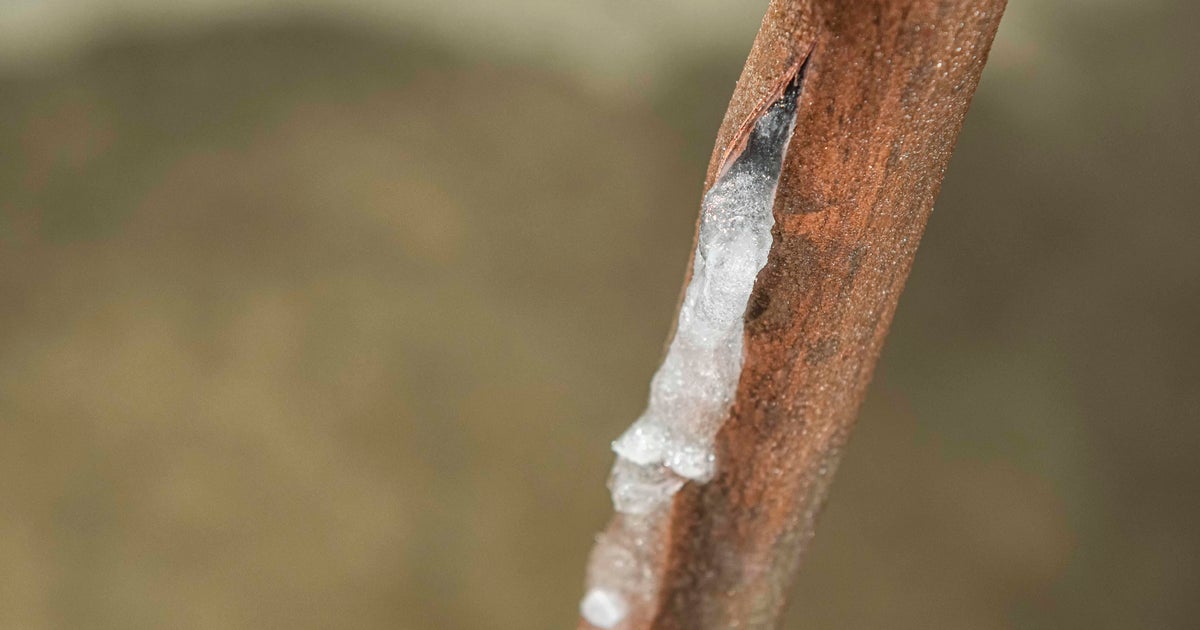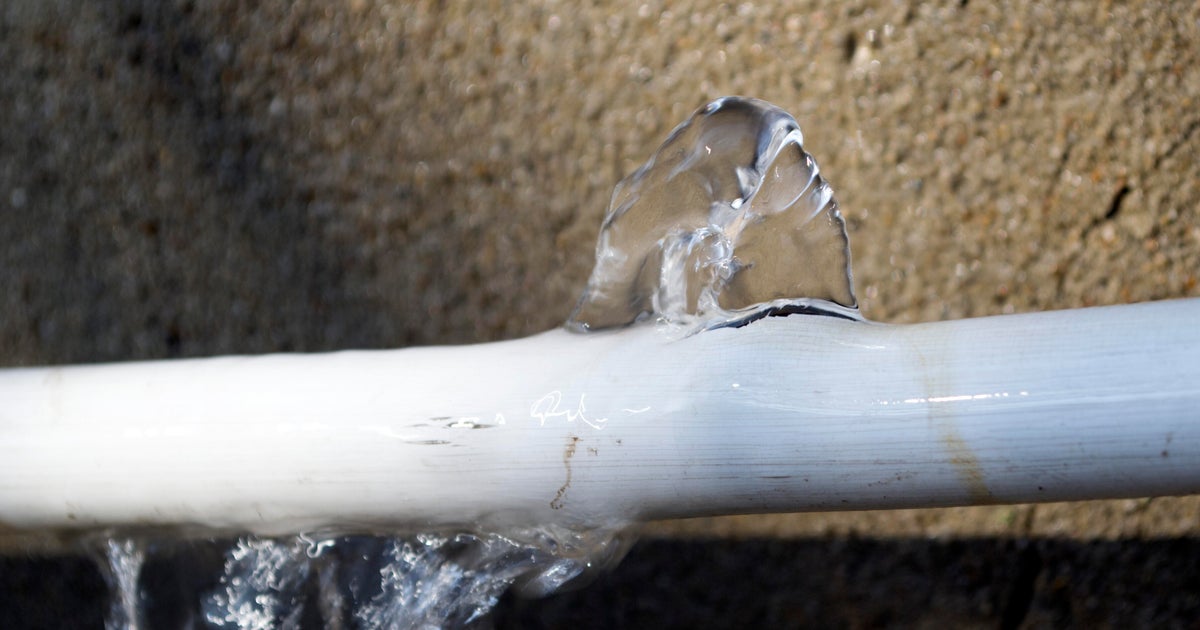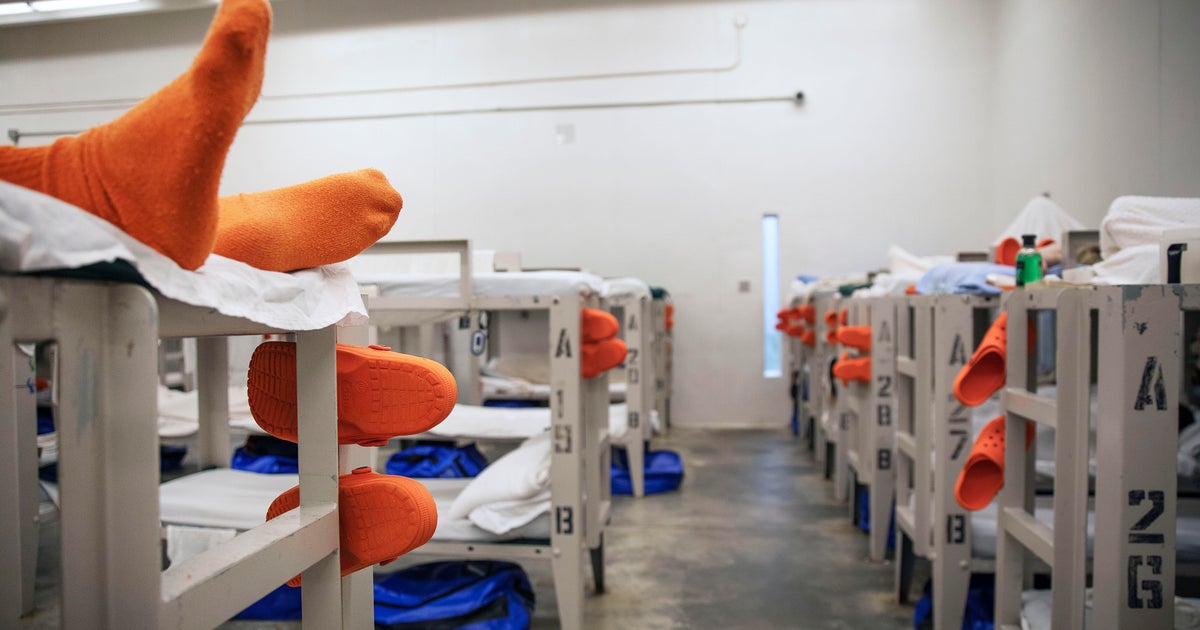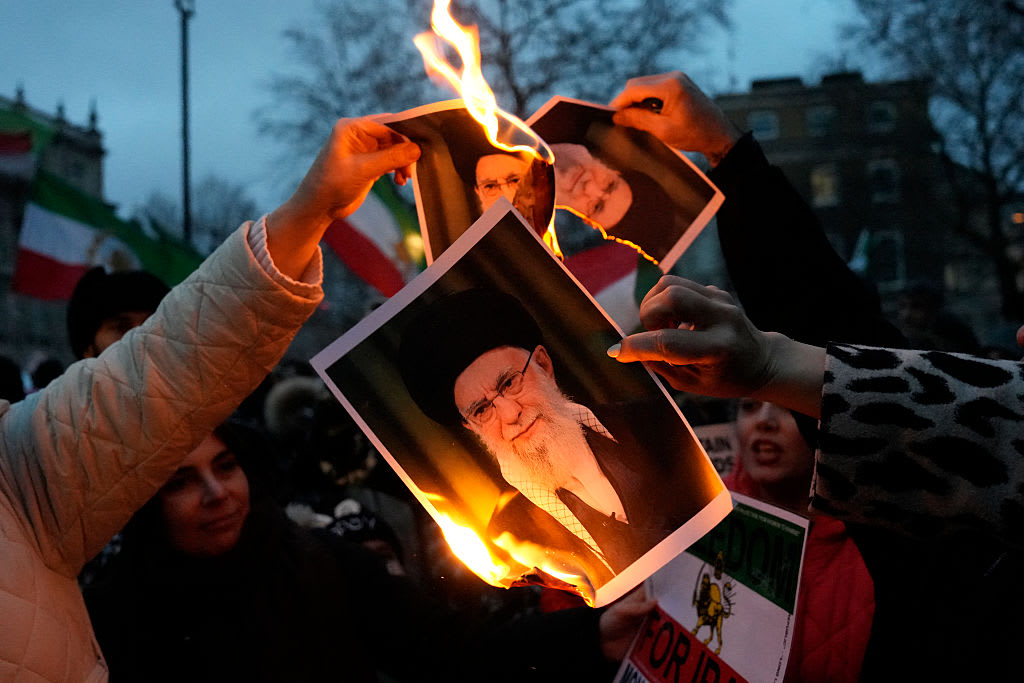The potential threat to Honolulu's water supply lurking underground
Two years after a fuel leak at a Navy storage complex contaminated drinking water at Pearl Harbor, the city of Honolulu is guarding against contamination to its own water supply.
For decades at Pearl Harbor, an underground facility called Red Hill stored millions of gallons of fuel for the U.S. military. Red Hill, which was quickly built ahead of the United States' involvement in World War II, has recorded at least 73 fuel leaks since 1943, the Sierra Club told Honolulu's Civil Beat. Those leaks resulted in some 180,000 gallons of leaked fuel over the years, a number the Navy has disputed, according to the Civil Beat.
During the facility's most recent leak in November 2021, a cracked pipe leaked thousands of gallons of jet fuel into the drinking water on the base at Pearl Harbor. Another leak in 2014 released up to 27,000 gallons of fuel.
The massive tanks at Red Hill have the capacity to store 250 million gallons of jet fuel and marine diesel. They're now empty, but those tanks were built into Hawaii's porous volcanic rock, and no one knows if jet fuel may still be trapped within that rock. That's a potential problem — not just for Pearl Harbor, but also for neighboring Honolulu, whose primary water supply is 100 feet below the Navy complex.
"We know we live on an island," said Ernie Lau, the chief engineer of the Honolulu Board of Water Supply. "We have limited freshwater resources. We need to take care of those resources. If they're contaminated, a facility like Red Hill, we all suffer the consequence of that."
Lau pointed out that the Environmental Protection Agency has issued no federal drinking water standard for jet fuel, and that the Navy had likely included additives in the leaked fuel to keep it from freezing.
Right now, there's no evidence leaked jet fuel has gotten into Honolulu's water supply. But as a precaution, the city's Board of Water Supply (BWS) shuttered the water supply shaft closest to Red Hill. The city of Honolulu has since asked the federal government for $1.2 billion to cover the cost of replacing the shaft, along with two smaller wells, which the BWS says it shut down to prevent fuel contamination. The Navy has acknowledged the city's claim and said it needs additional information to substantiate it.
On the islands of Hawaii, fresh water is considered precious. In native Hawaiian, it's called "wai," and the word for wealth is "wai-wai"— or water water. Now, after everything that has happened at Red Hill, Lau told 60 Minutes he wants the U.S. Navy to protect his city's most important natural resource.
"They need to locate where fuel is at, not just monitor and test for it, for contamination, but also actively try to clean it up, to try to remove some of it from the environment, or all of it," Lau said.
Lau said the situation at Red Hill will be a legacy that lasts for generations.
"This fuel is not going to disappear," he said. "This is deep underground, and it's in the cracks and crevices of this porous lava rock. But it's going to reside there for a long, long time."
The video above was originally published on April 28, 2024. It was produced by Brit McCandless Farmer and edited by Scott Rosann.





